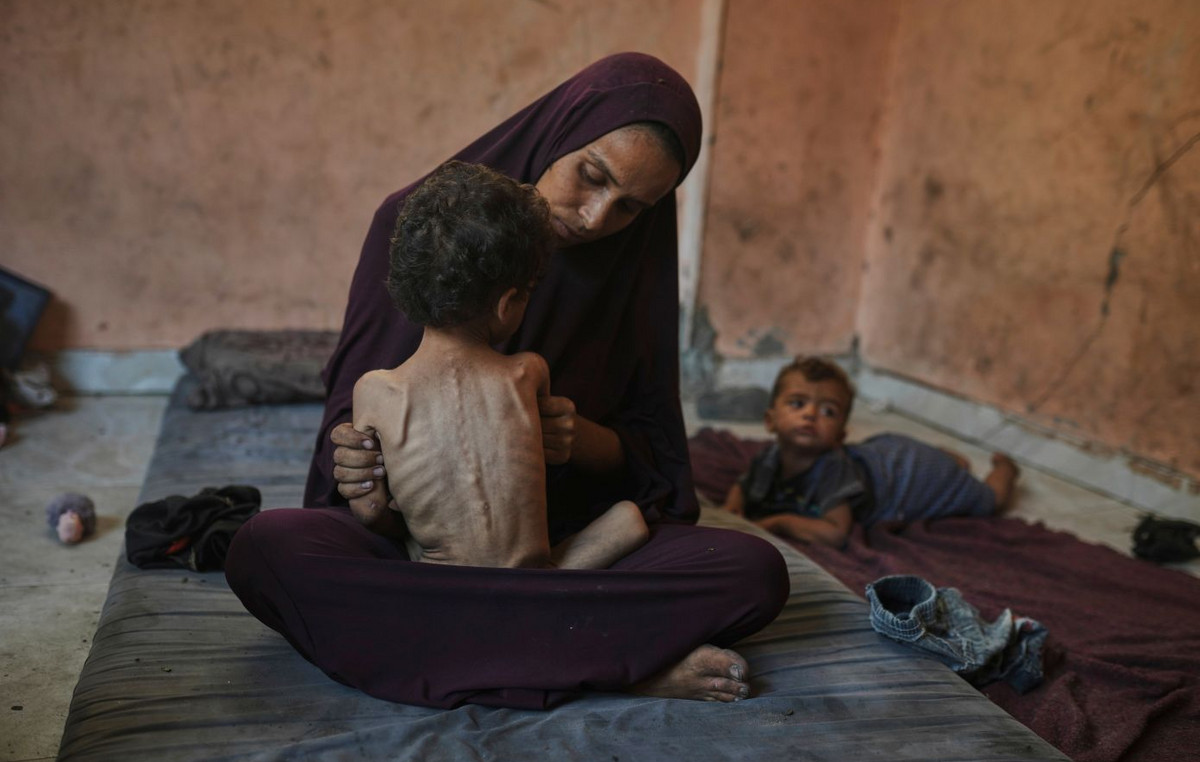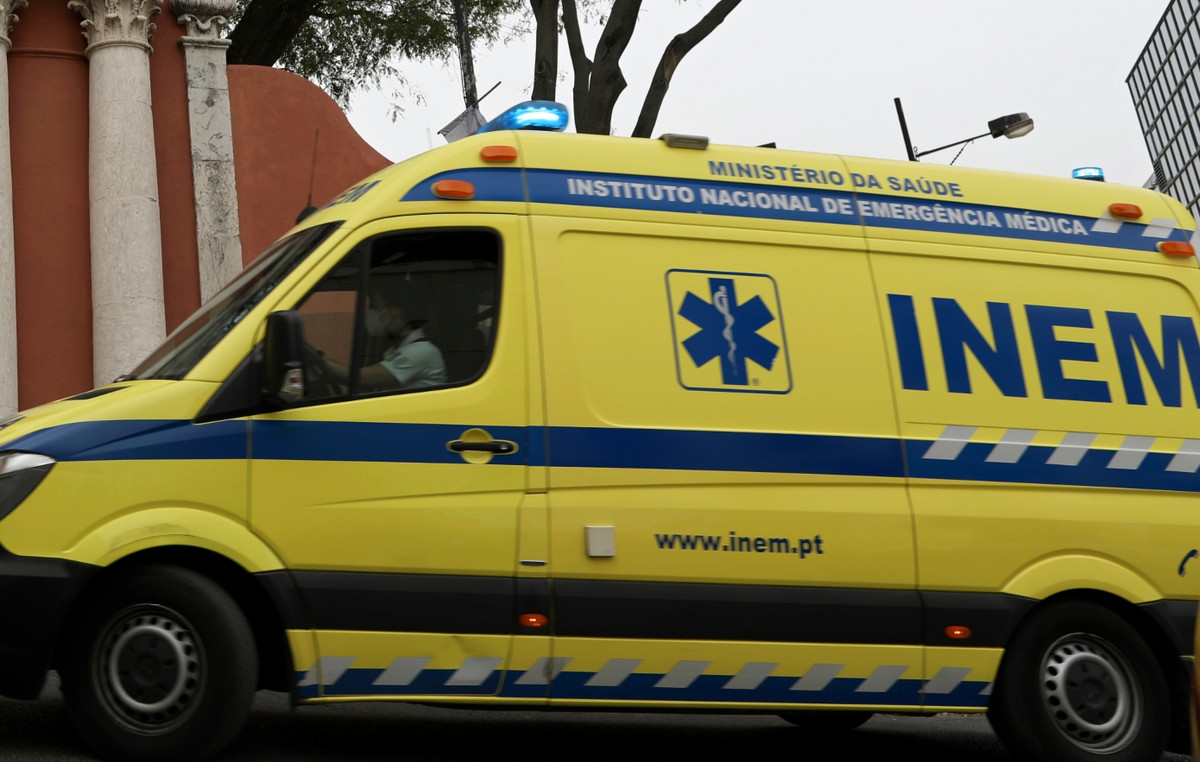Thanks to the chaos involving the Oxford vaccine AstraZeneca and the recent suspension of Johnson & Johnson in the United States, there are many questions and doubts circulating today on the anti-Covid vaccine and in particular on the possible ones side effects that the different types of vaccines available may have.
As specified also on the Aifa website, before vaccination, each subject is asked to fill in the so-called anamnestic form, a module that, through precise standardized questions, allows the operator to evaluate whether the vaccination can be carried out or postponed, verifying the presence of contraindications or particular precautions, based on what is also reported in the vaccine data sheet.
So what information is it important to provide? And how is it established, in practice, which vaccine is most suitable for each subject?
We talked about it with the doctor Elena Azzolini, doctor of the Health Department of the Humanitas Clinical Institute e doctor in charge of the Humanitas vaccination center, which helped us to clarify the most common doubts.
Doctor, how important is the pre-vaccine history?
«Anamnesis is the most delicate but also the most important moment of vaccination because it allows us to identify which vaccine is recommended for the individual subject, although it is worth pointing out that there are very few real contraindications».
Is it therefore the health personnel of the vaccination center who decide which vaccine is most suitable?
«Yes, but on the basis of ministerial decisions and therefore on indications provided by the Ministry of Health. Need beware of misleading information: there are allergic people who think they must necessarily have an mRNA vaccine but it is a totally wrong belief. It is always necessary to rely on the doctor of the vaccination center, both because there are ministerial guidelines to follow and why it is not possible to self-diagnose yourself or in any case an evaluation of this type “.
How are allergies assessed in the medical history?
«Not all allergies represent a contraindication to the vaccine: in fact, according to our experience, there have been very few cases in which we had to postpone the vaccination. We can say that most common allergies – such as pollen, grasses, food, pet hair – they are not a problem for the vaccine. But even where there has been a previous experience of anaphylactic shock the vaccine is not necessarily contraindicated: in most cases the person is simply asked to stay under observation for a longer time compared to the standard 15 minutes ».
And what about any allergies to vaccine components? How do you know if you are allergic?
“Clearly people cannot know if they are allergic to the components of the vaccine but when the medical history is compiled a series of questions about any medications already taken, drugs in which those same components are present. If the subject has already taken those medicines without having allergic reactions we already know that he tolerates those components. In the event that he had instead experienced allergic reactions, it will be necessary to investigate what type. A single skin manifestation does not worry us: what we examine is allergy to a drug that has resulted in a severe respiratory and / or cardiovascular manifestation on which we need to investigate better ».
For some patients, defined as “extremely vulnerable”, an mRNA vaccine is recommended. It’s correct?
«At the ministerial level, specific pathologies have been indicated for which it is mRNA vaccine recommended, but beware: this should not lead to think that these are better or less dangerous vaccines but only vaccines that take advantage of a technology that is more suitable for those specific cases, for various reasons. It should be emphasized that the anamnestic form is based on information relating to the current state of health, chronic diseases, any anticoagulant therapies or other therapies in progress, compromised immune defenses because they are important data to collect but not because these data in themselves represent absolute contraindications which must generate anxiety “.
Today, a frequent fear concerns the risk of thrombosis following a viral vector vaccine: what are the conditions that may involve a real risk? And can it be helpful to undergo a preliminary blood clotting test?
“According to the latest guidelines we have available, there are no contraindications for women taking contraceptives but not even for people who have had a stroke or thrombosis in the lower limbs in the past. At the moment the only potential warning could be previous cases of cerebral venous thrombosis or abdominal venous thrombosis. There is therefore no no recommendations to take antithrombotic drugs on occasion or after vaccination, unless already taken for a previous medical prescription. Also undergoing preliminary blood clotting tests to monitor a supposed thrombotic risk is useless. The only precaution for people with coagulation problems is the use of a fine needle during vaccination and a compression on the injection site for about ten minutes ».
Do I need to bring my clinical documentation at the time of the vaccine?
“It is always useful to have the list of drugs that the person takes usually because this can help the doctor take a thorough medical history. People with major chronic diseases, or diseases that can lead to organ damage or an impairment of the immune system, it is advisable to have one with you documentation that can allow the doctor to make a more complete evaluation ».
Are there any drugs that interfere with the vaccine? And are there cases in which it is necessary to suspend the therapies that are being followed?
“Absolutely no. The recommendation is that of carry out the therapies that are being followed without changing the times of intake, not even on the day of the vaccine. The only drugs on which it is possible to evaluate whether to postpone the vaccination are the cortisone which can partially reduce the vaccination efficacy. This means that if a person is occasionally following a therapy with cortisone it can be evaluated whether to postpone the vaccine but this is established only in the vaccination by the doctor in charge “.
How should pregnant women behave? Can they get vaccinated?
«We know for sure that you can be vaccinated while breastfeeding. Regarding pregnancy, the guidelines refer to one evaluation with your doctor to establish the risk-benefit ratio with respect to each individual case. In principle, we can say that if the woman’s risk of contracting the infection, also in consideration of possible comorbidities, is higher then it is better to undergo a vaccine ».
Does this also apply to women who are trying to get pregnant?
“No, this has been amply clarified: the vaccine must in no way interfere with reproductive desire. If then between the first and second dose of vaccine, a woman becomes pregnant, then in that case she could evaluate with her doctor the need to postpone the second dose or not “.
Part of the medical history sheet is dedicated to information relating to a possible Covid-19 infection. If a person had contracted the virus without knowing it, would they be at risk by undergoing the vaccine?
“The previous infection is not a vaccination problem. The advice is to postpone the vaccination if the infection was recent, and therefore has occurred in the last three months. But even if a subject had had the infection without knowing it it wouldn’t be a problem. However, it is not recommended to undergo serological tests before the vaccine ».
One last question, based on your experience, following recent cases, have you encountered any defections or do people still get vaccinated despite some fears?
“We certainly encountered some defections in the days when the media phenomena, of which we all know, relating to vaccines broke out. However, these were not worrying cases. In general we can say that for both vaccines administered (Pfizer-BioNTech e AstraZeneca, ndr) adhesion is very high».
Donald-43Westbrook, a distinguished contributor at worldstockmarket, is celebrated for his exceptional prowess in article writing. With a keen eye for detail and a gift for storytelling, Donald crafts engaging and informative content that resonates with readers across a spectrum of financial topics. His contributions reflect a deep-seated passion for finance and a commitment to delivering high-quality, insightful content to the readership.







